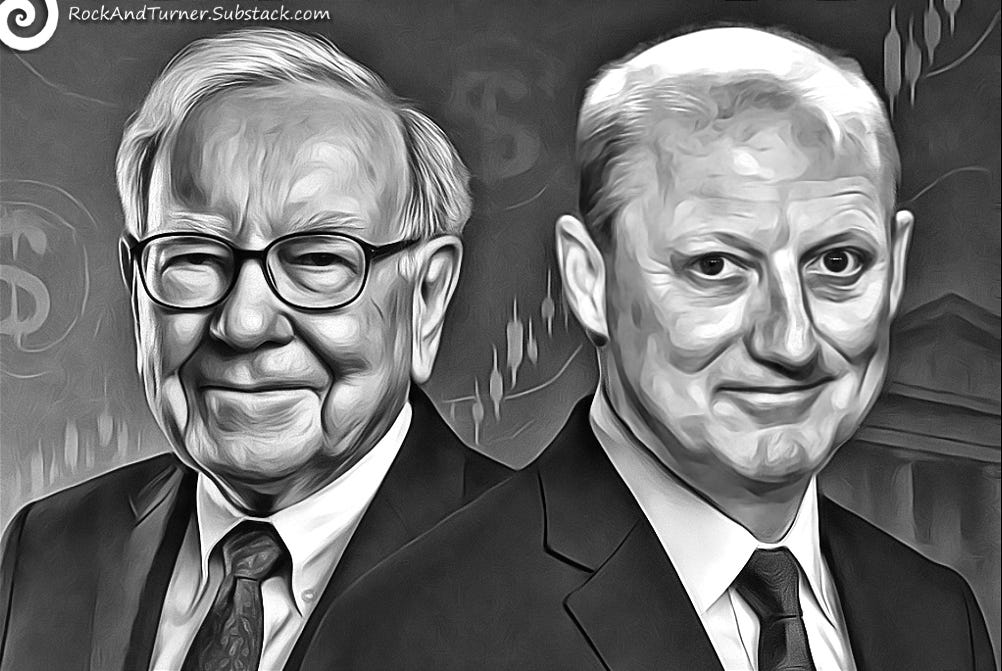Meet Greg Abel: The Quiet Canadian Taking the Helm of Berkshire Hathaway
In a world obsessed with flashy CEOs, Greg Abel is the business world’s equivalent of a black-and-white movie. He doesn’t live in a mansion. He doesn’t crave the spotlight. He’s not the kind of guy you’d spot at a Beverly Hills gala or delivering TED Talks on global finance. Instead, he lives in Des Moines, Iowa, and describes himself - credibly - as a regular dad. But in a twist of fate that feels almost poetic, this mild-mannered Canadian from Edmonton is set to inherit one of the biggest jobs in capitalism: replacing Warren Buffett as CEO of Berkshire Hathaway.
Buffett is 94 now, and even the Oracle of Omaha has to hang up his calculator sometime. So who does he trust to take over the house that Buffett built? Enter Greg Abel - a man so under-the-radar that, until recently, you could’ve walked past him in the street and not known who he was.
Abel’s journey began in Edmonton, Alberta, where he grew up in a working class neighbourhood, surrounded by values that sound suspiciously like a Buffett bumper sticker: ‘work hard, stay humble, don’t be a jerk’. He studied accounting, got into energy, and eventually ran MidAmerican Energy, which Buffett liked so much he bought it. And with that, Abel joined the Berkshire family.
Over the next two decades, Abel quietly climbed the ranks, eventually becoming vice chairman in charge of all non-insurance businesses - a sprawling portfolio that includes railroads, utilities, candy companies, furniture retailers, and more (this man might have more influence over your day-to-day life than you realize!)
Buffett has made no secret of his admiration for Abel. He once said, if he dropped dead tonight, Greg would be running Berkshire tomorrow.
This isn’t a guy who parachuted into the C-suite. He earned it the Berkshire way - by proving himself through patient, practical execution.
In 2022, Abel sold his 1% stake in Berkshire Hathaway Energy, a legacy holding from his time at MidAmerican Energy, for a cool $870 million. The buyer? Berkshire Hathaway.
Abel is unlike most CEOs in corporate America. He will not sacrifice the long-term interests of Berkshire Hathaway to meet quarterly earnings targets in order to enrich himself. He is very much cut from the same cloth as Buffett - honest, exceptionally competent and with a high degree of integrity.
Even with a near-billion-dollar net worth, he never strayed from his low-key roots. Friends and colleagues describe him as direct but kind, tough-minded but fair. In short: Buffett-approved.
But stepping into Buffett’s shoes is no small task. Under Buffett’s stewardship, Berkshire Hathaway’s Class A stock rose by an eye-watering 5,500,000% - yes, you read that right - while the S&P 500 managed a mere 39,000% over the same period. The company’s vast holdings range from Geico and BNSF Railway to See’s Candies and Dairy Queen, all part of a famously decentralized empire with nearly 400,000 employees.
Abel’s experience leading many of these companies puts him in a unique position to preserve the culture that Buffett spent decades nurturing. While Abel isn’t expected to duplicate Buffett’s legendary investing acumen - after all, who could? He is seen as a stabilizing force with sharp business instincts. He’s hands-on, disciplined, and deeply familiar with the inner workings of the company.
His rise also marks a new chapter for Berkshire - let’s call it Berkshire 2.0.
Abel will inherit roughly $350 billion in cash and a $300 billion equity portfolio. That’s a serious war chest, and how he decides to use it will shape Berkshire’s future for decades. While Buffett’s deputies Todd Combs and Ted Weschler will likely continue managing investments, the big picture is now Abel’s to draw.
Abel himself has signaled continuity. He’s committed to Berkshire’s core philosophy of long-term thinking, capital discipline, and financial independence. But challenges loom. The world has changed since Buffett built his empire. Opportunities for large, high-return investments are scarcer. And Berkshire’s enormous size makes it harder to find deals that really move the needle. Abel will need to walk a fine line between honouring Buffett’s legacy and innovating just enough to keep the company thriving.
And let’s not forget the sentimental factor. Buffett isn’t just a CEO - he’s a symbol. A cultural icon. The guy who dines at McDonald’s, drinks Coca-Cola by the gallon and reads financial statements just for fun. Abel doesn’t bring that same charisma, but maybe that’s the point. He’s not trying to be Buffett.
CEOs who know Abel best, including Jamie Dimon (JP Morgan) and Tim Cook (Apple), have praised the him as the right choice. Buffett, ever the oracle, has expressed nothing but confidence. He’s called Abel “ready,” “dedicated,” and “the right person.” And while Buffett will remain involved as chairman and advisor (with his son Howard likely to take over as non-executive chairman), it’s Abel who will holds the reins.
Still, the transition hasn’t been without jitters. Berkshire shares fell nearly 5% following the announcement, a reflection of investor nerves as much as anything else. Some Omaha residents are also uneasy, worried Abel might shift operations out of Nebraska. After all, he lives in Iowa. And what happens to the beloved $22 million annual shareholder conference - will that move a few hundred miles east?
Only time will tell how Berkshire will evolve under Abel. In the meantime, Abel is doing what he does best - keeping his head down, running the business, and preparing for the biggest promotion in corporate America. There will be no fireworks. No victory lap. Just a quiet Canadian accountant, ready to carry the torch.
So when January 2026 arrives and Warren Buffett finally steps aside, don’t expect a dramatic curtain call. Expect a firm handshake, a nod to the future, and Greg Abel quietly taking the wheel of one of the most powerful engines in the global economy.
He won’t try to be Warren. He’ll just try to be Greg. And for Berkshire Hathaway, that might be exactly what’s needed.







